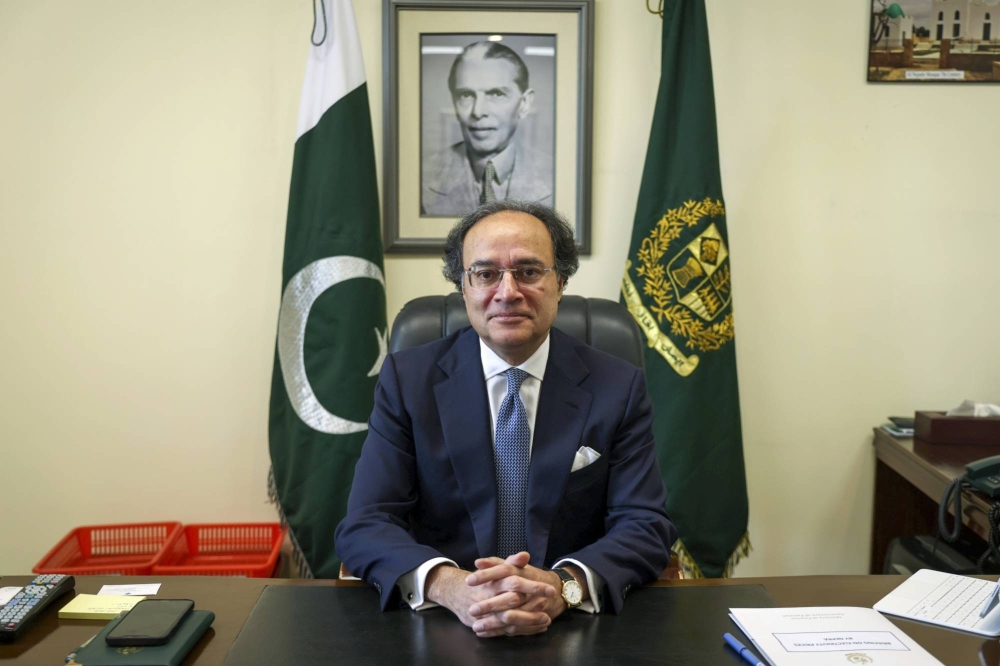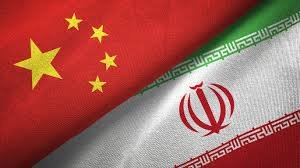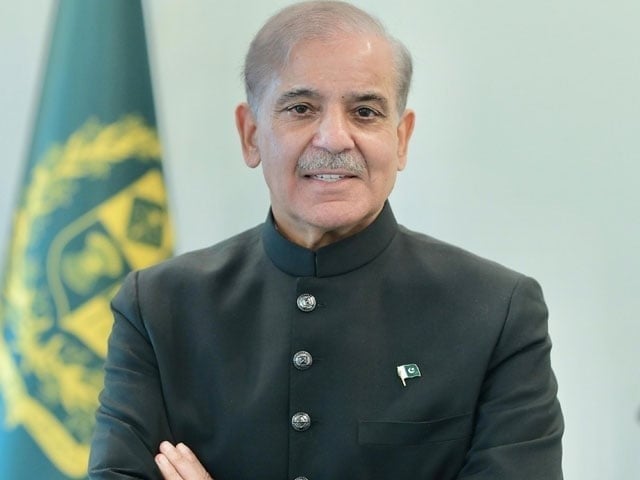In a recent address to PMLN parliamentary members in Murree, Pakistan Muslim League-Nawaz (PMLN) President Muhammad Nawaz Sharif emphasized his stance on reconciliation, stating that he does not harbour malice, enmity, or seek revenge from others. While not directly naming Pakistan Tehreek-e-Insaf (PTI) founder Imran Khan, Sharif criticized Khan’s behaviour and disrespectful remarks towards him during his tenure as prime minister.
Sharif, in his speech, shared personal anecdotes to underline his amicable working relationship with the Pakistan Peoples Party (PPP) and the signing of the Charter of Democracy with former prime minister Benazir Bhutto. He also recounted an instance when he was threatened to have his prison cell’s AC removed during Khan’s tenure, expressing his disapproval of such political vengeance. Despite the challenges he faced, Sharif reiterated that he did not dwell on seeking retribution, even as Khan served a jail sentence.
Moreover, Sharif raised concerns about the removal of his democratically elected governments and criticized the adverse effects of the PTI government’s policies, particularly on the plight of Pakistan’s poor and inflation rates. He asserted that had he not been removed from power, the country would have progressed, praising the diligent efforts of Prime Minister Shehbaz Sharif.
Sharif, in his speech, scrutinized the IMF conditions and expressed his reluctance to rely on the IMF, citing the difficulties these conditions pose for the poor. He specifically commended Maryam Nawaz for her meticulous efforts in reducing the price of bread and expressed contentment with the federal and Punjab governments’ comprehensive role in reducing essential commodity prices, which has significantly benefited the public.
Furthermore, Sharif advocated for policies aimed at reducing electricity and gas prices and acknowledged Maryam Nawaz’s efforts to prevent wheat price increases, which led to an overall dip in inflation and significant stock market growth.
In summary, Nawaz Sharif’s address underscored his commitment to reconciliation and working relationships while criticizing political vengeance and highlighting the impact of governmental policies on the nation’s welfare.
















